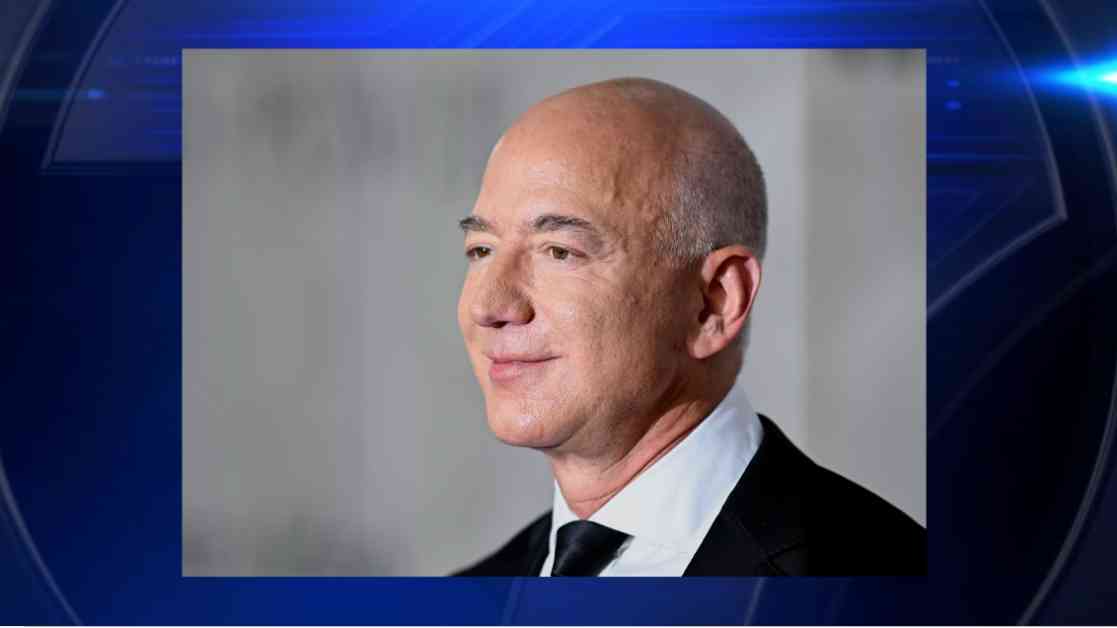Jeff Bezos, the owner of The Washington Post, recently defended his decision not to endorse a presidential candidate in an op-ed published by the Post. Bezos argued that presidential endorsements have little impact on elections and can create a perception of bias. He stated that ending endorsements was a principled decision.
Following the announcement, three members of the Post’s editorial board resigned, and many subscribers canceled their subscriptions. Critics, including former Post executive editor Marty Baron, called the decision “craven” and suggested it was an attempt to appease former President Donald Trump.
Bezos addressed allegations that the decision was influenced by a meeting between Trump and executives from Blue Origin, a spacefaring company he founded. He denied any quid pro quo and stated that neither campaign was consulted about the decision. Bezos admitted that the timing of the decision was not ideal but emphasized that it was made internally.
Despite concerns about a conflict of interest due to his ties to Amazon and Blue Origin, Bezos asserted that his wealth was a bulwark against intimidation and that he has not interfered in the Post’s operations since purchasing the publication. He expressed a commitment to ensuring the Post remains relevant in the face of challenges from podcasts and social media.
Bezos concluded by highlighting the importance of the Post’s role in society and his determination to uphold its integrity. He emphasized that while he does not push personal interests, he will not allow the paper to become irrelevant without a fight.
Overall, Bezos’ defense of the decision not to endorse a candidate reflects his commitment to journalistic independence and the integrity of the Post. Despite criticism and concerns about conflicts of interest, Bezos remains steadfast in his support of the publication and its role in shaping public discourse. The incident serves as a reminder of the complex relationship between media ownership, politics, and journalistic values.


